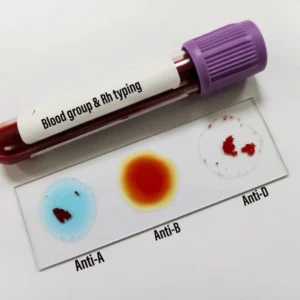Here are some short descriptions for the Microalbumin 24-Hour Urine test, focusing on its significance, testing methodology, and clinical implications:
Microalbumin 24-Hour Urine
- Definition: The Microalbumin 24-Hour Urine test measures the total amount of albumin (a protein) excreted in urine over a 24-hour period. This test is important for assessing kidney function and detecting early signs of kidney damage.
- Testing Methodology: To perform the test, patients collect all urine produced in a 24-hour period in a special container. The total volume is measured, and a laboratory analyzes the urine for albumin concentration. This method provides a comprehensive assessment of albumin levels compared to spot urine tests.
- Clinical Significance: Elevated levels of microalbumin in the 24-hour urine sample can indicate early kidney damage, particularly in individuals with diabetes or hypertension. It is a key marker for assessing the risk of diabetic nephropathy and chronic kidney disease.
- Risk Assessment: The 24-hour microalbumin test helps monitor kidney health and evaluate the effectiveness of treatment strategies for individuals at risk for kidney disease. Regular testing can lead to early detection and intervention, potentially slowing disease progression.
- Guidelines for Interpretation: Normal levels of microalbumin in a 24-hour urine collection are typically less than 30 mg. Values between 30 and 300 mg indicate microalbuminuria, while levels above 300 mg suggest macroalbuminuria, reflecting more severe kidney impairment.
- Follow-Up and Management: If elevated microalbumin levels are detected, healthcare providers may recommend additional testing, lifestyle modifications, and pharmacological interventions to manage underlying conditions, such as diabetes and hypertension, to protect kidney health.










Reviews
There are no reviews yet.